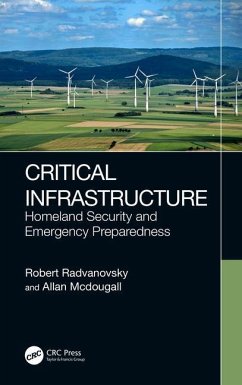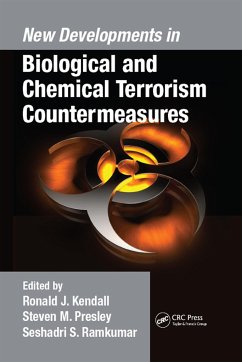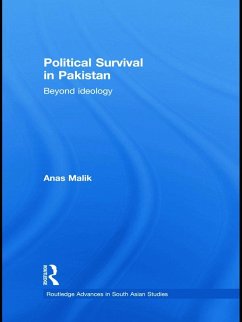
Disaster's Impact on Livelihood and Cultural Survival
Losses, Opportunities, and Mitigation
Herausgeber: Companion, Michele
Versandkostenfrei!
Versandfertig in über 4 Wochen
187,99 €
inkl. MwSt.
Weitere Ausgaben:

PAYBACK Punkte
94 °P sammeln!
Investigating 18 countries around the world, leading policy makers, community leaders, urban planners, and emergency practitioners and managers review livelihood challenges and cultural survival in the wake of disasters. The contributors explore both losses and opportunities for cultural and livelihood adaptation, change, and disaster impact mitigation. They suggest "best practices" models to enhance future event response and assess new instruments and methodologies for better planning and assessment of disaster impacts. Multiple forms of disasters are introduced to demonstrate the myriad long...
Investigating 18 countries around the world, leading policy makers, community leaders, urban planners, and emergency practitioners and managers review livelihood challenges and cultural survival in the wake of disasters. The contributors explore both losses and opportunities for cultural and livelihood adaptation, change, and disaster impact mitigation. They suggest "best practices" models to enhance future event response and assess new instruments and methodologies for better planning and assessment of disaster impacts. Multiple forms of disasters are introduced to demonstrate the myriad long-term and sociological impacts disasters can have on communities.













